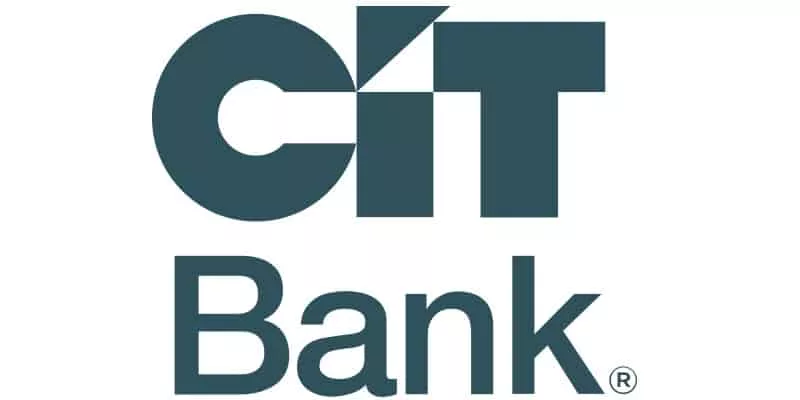Certificate of Deposit (CD) rates are currently on a downward trend after climbing for the past couple of years.
Why CD Rates Are Going Down
CD rates are closely tied to the federal funds rate, which is the interest rate that banks charge each other for overnight loans. When the Fed cuts rates, banks have less incentive to offer high rates on CDs because they can borrow money more cheaply from other banks.
So when the Fed rate goes down, CD rates decline, and vice versa.
Federal Reserve Chair Jerome Powell announced a half-point rate cut on today. This move represents the first interest rate cut in four years, this time to a range spanning from 4.75% to 5%.
“We’ve waited, and I think that that patience has really paid dividends in the form of our confidence that inflation is moving sustainably under 2%, so I think that is what enables us to take this strong move today,” Powell told reporters on Wednesday.”
The fed is likely to continue making modest rate cuts throughout this year.
More Reasons CD Rates Will Continue In A Downward Trend
Here are some other factors contributing to the downward trend in CD rates:
- Economic outlook: The Fed is cutting rates in part because it is concerned about the possibility of an economic slowdown. When the economy is weak, banks tend to be more conservative and offer lower rates on CDs.
- Market competition: Banks are also facing competition from other types of investments, such as bonds and money market funds. These investments may offer higher returns than CDs, which puts downward pressure on CD rates.
Can I Lock In CD Rates?
The downward trend in CD rates is likely to continue in the near term. However, there may still be opportunities to find the best CD rates, especially at online banks and credit unions.
Part of the draw of opening a CD is that its earnings are guaranteed regardless of economic environment changes.
If you lock in an interest rate today by purchasing a CD, you’ll be paid that guaranteed rate for the entire term of the CD.
What is a CD and how does it work?
A Certificate of Deposit (CD) is a type of savings account offered by banks and credit unions that offers a fixed interest rate for a specific period of time, known as the term or maturity date.
How it works:
- Deposit: You deposit a certain amount of money into the CD.
- Fixed Term: You agree to keep your money in the CD for the entire term, which can range from a few months to several years.
- Fixed Interest Rate: The CD earns interest at a fixed rate, which is typically higher than regular savings accounts.
- Higher interest rates: CDs generally offer higher interest rates than regular savings accounts, making them attractive for those who want to earn more on their savings.
- Maturity: When the CD matures, you can withdraw your original deposit plus the accumulated interest.
- Early Withdrawal Penalty: If you need to withdraw your money before the maturity date, you'll typically face an early withdrawal penalty, which can reduce your earnings.
Are CDs Considered a Safe Investment?
CDs are considered a safe investment because they are typically FDIC-insured up to $250,000 per depositor, per insured bank. Consumers like CDs because they provide a predictable return on investment, as you know the interest rate and maturity date in advance.
CDs also provide limited liquidity, meaning you have access to your money, if needed, but withdrawing before the maturity date will result in a penalty. It's a trade-off for higher interest rates. You cannot withdraw money from a CD without penalty before the maturity date.
CDs are a good option for people who have a specific savings goal and don't need immediate access to their money. They can be a useful tool for building an emergency fund, saving for a down payment on a house, or planning for retirement.














